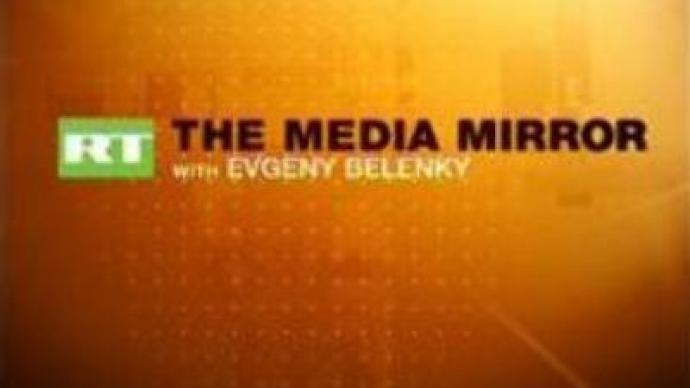Media Mirror – 05.06.07

The G8 Summit that is going to take place in Germany is naturally center stage this week for every newspaper. Also, the Russian press writes about an unusual chess game Anatoly Karpov is going to play.
Vremya Novostei in its special colour supplement Vn Energiya Evropy, publishes an article titled “It’s going to be hot in Germany”, which says that the issue of global warming has the potential to heat up the atmosphere at the summit beyond the boiling point. The same publication has an interview with Julian Penke, a German academic and professor of international relations on the new reality in Russia-EU relations. He divides the post-Soviet history of these relations into three periods: the euphoria of the early nineties, the pragmatic approach with a touch of romanticism in the past decade, and a colder, more pragmatic relationship in the past few years culminating in the Samara meeting. Both sides in this relationship, says the German academic, were expecting too much from each other and their expectations quite often lacked everyday realism. It is still true for the EU: they view Russia not as a new entity but as a continuation of the Soviet Union, says Penke, and thus they do not understand that “In fact, the Russian foreign policy at this moment is distinctly pragmatic, lacking any ideological agenda whatsoever.”“Russia brings to the world not an ideologically charged anti-model of the global order but a pragmatic capitalist policy built around its national interest.”The main difference between Europe and Russia at the moment, in the sense of policy formation, says Penke, is the fact that “Europe lives in the atmosphere of institutionalism and liberalism, while Russia lives in realism,” concludes the academic. He elaborates: if in the EU the countries are busy uniting their bureaucracies, finances and are glad when it works, Russians are glad when oil prices are high, the state budget is fattening up and the real income of the population is on the rise. These are not antagonistic differences, he says, they can be overcome.Vedomosti has this cartoon suggesting that in the Russian economic and political system groups of influence have finally formed: the writing on the flying cows goes – Gazprom, Russian Railways, The Abramovich Group, and etc.Moskovski Komsomolets writes about a simultaneous game of chess that Anatoly Karpov is going to play with inmates of ten Russian maximum security prisons via a television bridge.Chernyahovsk, a small town in the Kaliningrad region may go down in history as the starting point of the Big Clean-up Act of Russia, writes the regular edition of Vremya Novostei. Towns and cities in Russia are not particularly dirty, but it seems that it’s not going to be enough for the next generation: for the first time ever in Russia, a man was sentenced to one day in prison for dropping a cigarette butt on the sidewalk pavement. Singapore, here we come!
You can share this story on social media:












